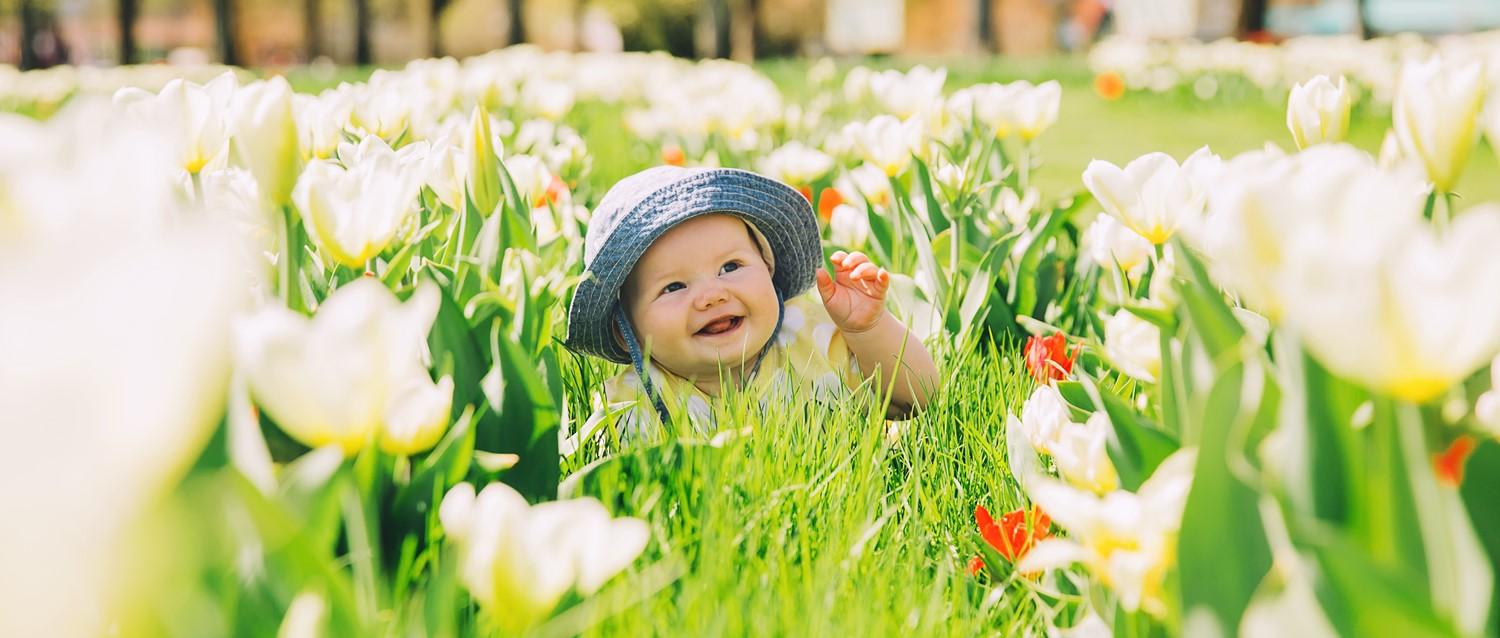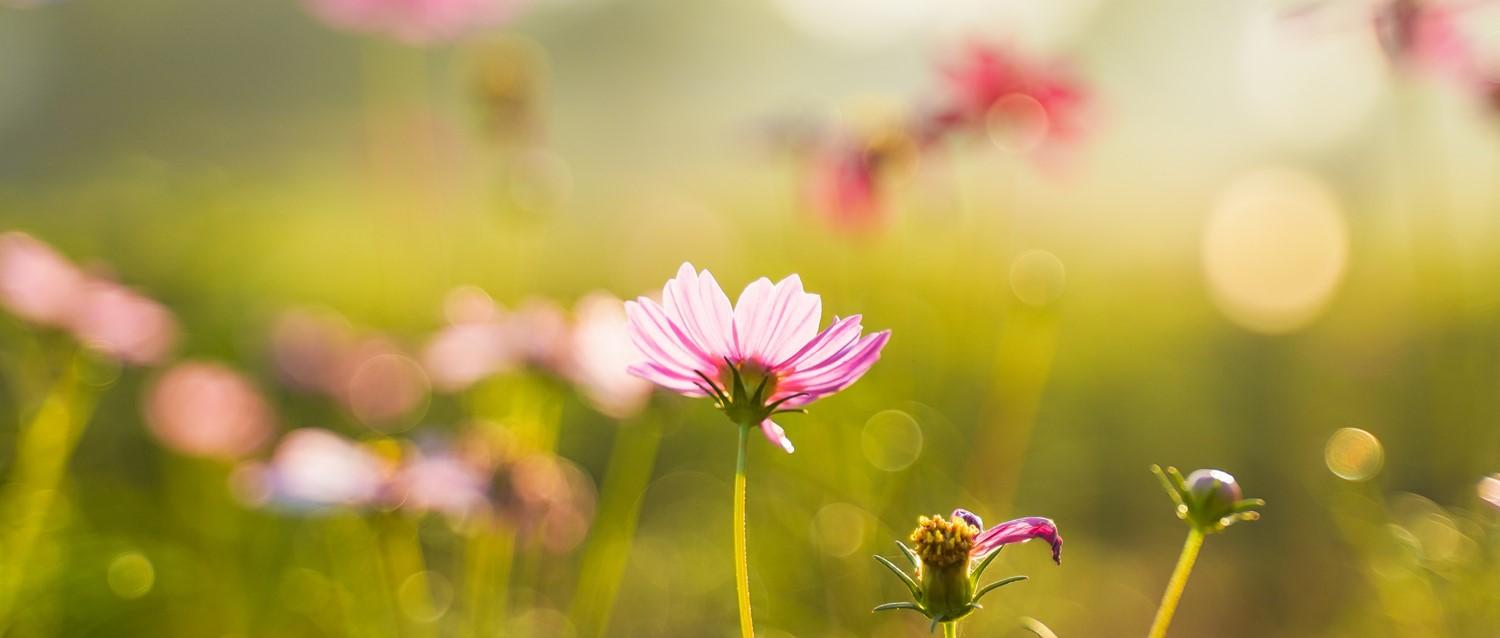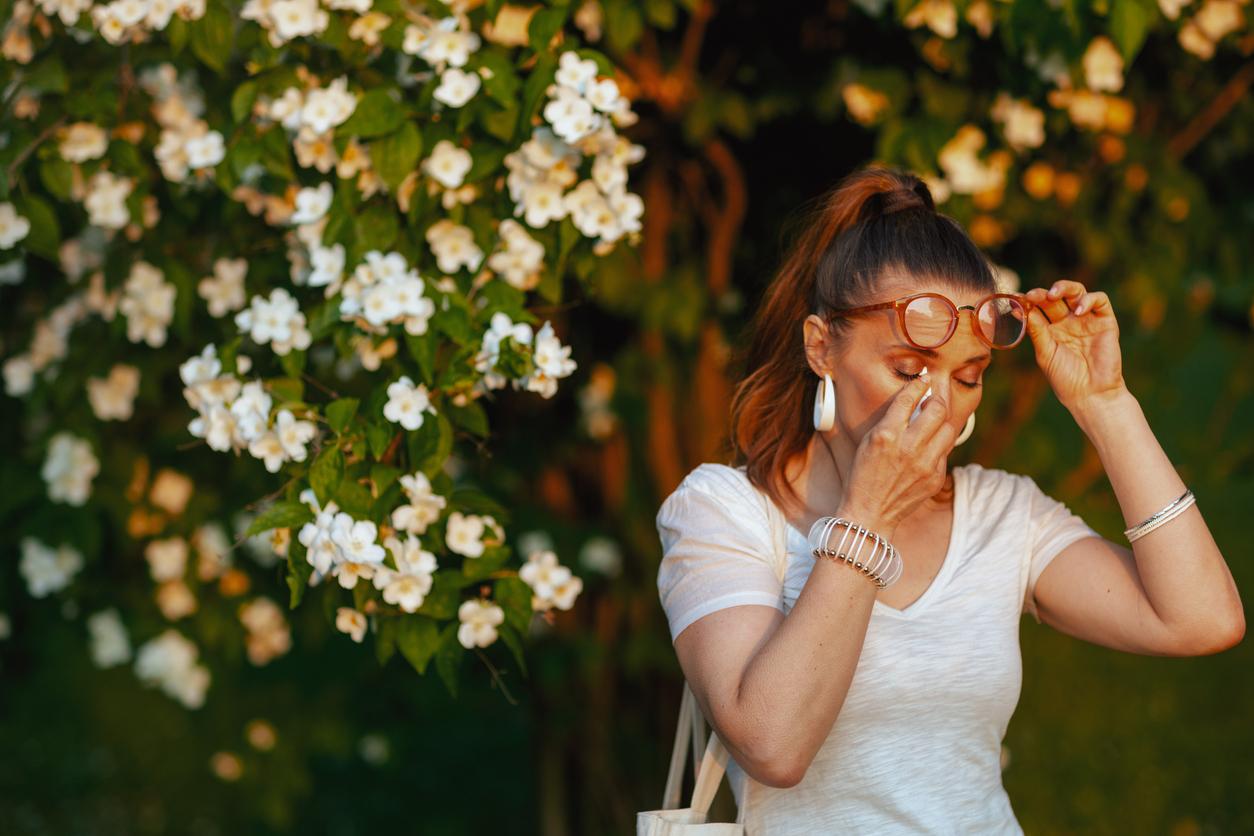
Can babies get hay fever?
Peer reviewed by Dr Krishna Vakharia, MRCGPLast updated by Emily Jane BashforthLast updated 21 Jun 2022
- DescargarDescargar
- Compartir
Allergies can cause frustration and distress, particularly for babies, who struggle to understand why they feel unwell. While babies can develop hay fever, it is possible to reduce their risks with simple changes to your home and lifestyle.
En este artículo:
Seguir leyendo
What is hay fever?
Hay fever is an allergy to pollen, though the medical term is seasonal allergic rhinitis. 1 in 4 people in the UK are allergic to pollen.
Can babies get hay fever?
Babies and young children aren't immune to hay fever or other allergies, but research is currently limited for this age group.
Symptoms of allergic rhinitis (AR) can often go ignored and untreated, as they can be mistaken for the baby having a common cold, an upper respiratory tract infection, or perhaps having the pain of teething.
A runny nose is important to look ut for, since it can be a symptom of:
Otitis media (ear infections).
Sinusitis (infected sinuses).
Asma.
Developmental abnormalities of the jaw that may require orthodontic treatment.
For information on the best way to manage hay fever in slightly older children, read our article 'What works best for treating hay fever in children'.
Seguir leyendo
How likely is a baby to develop hay fever?
Dr Deborah Lee of Doctor Fox Online Pharmacy explains that if a baby with AR also suffers from atopic eczema, asthma, food allergies, or an allergy to insect bites/stings,it suggests that a possible hay fever diagnosis could be likely in the future.
Babies can be allergic to just one type of pollen (such as tree or grass), or they might have an allergic reaction to several pollen types. This could mean they show symptoms of hay fever from spring through until autumn.
Symptoms of hay fever in babies
Signs of hay fever in your baby include:
Frequent sneezing.
Blocked or runny noses.
Itchy ears, throat, and/or mouth.
Red, swollen or watery eyes.
Dolores de cabeza.
If left untreated, hay fever in babies can impact your baby's sleep (making them more tired during the day) and make them very distressed.
Seguir leyendo
When might hay fever in babies worsen?
Since hay fever is a seasonal allergy to pollen, symptoms tend to worsen when trees and grasses are actively reproducing in spring and summer, which increases the pollen count.
Grass pollen is most common between May and July.
Tree pollen is most common between February and June.
Ragweed pollen is most common between June and September.
Selecciones de pacientes para Otras alergias

Alergias, sangre y sistema inmunitario
When should I start taking hay fever tablets?
Is it too early to start taking hay fever tablets? Experts reveal that these work best when started ahead of hay fever season - before the symptoms irritate 1 in 5 of us in spring and summer. Hay fever tablets are a popular fast-acting treatment option for immediate relief. We explore how they can also be used as a preventative measure before the weather warms, the flowers bloom, and hay fever season kicks in.
por Amberley Davis

Alergias, sangre y sistema inmunitario
Fiebre del heno
La fiebre del heno está causada por una alergia al polen. Los síntomas habituales de la fiebre del heno son secreción, picor y/o congestión nasal, estornudos y picor de ojos. Los tratamientos habituales son un aerosol nasal antihistamínico o un medicamento y/o un aerosol nasal con esteroides. A veces se utilizan otros tratamientos si estos tratamientos comunes no funcionan tan bien.
por el Dr. Doug McKechnie, MRCGP
How to relieve hay fever in babies
If you suspect your baby could have hay fever, these tips might help:
Buying a pollen filter for your car's air vents.
Reducing your baby's time spent outdoors during hay fever season (hay fever tends to be worse between late March and September).
Washing your baby's face with cool water to remove any pollen after time in parks or gardens.
Changing your baby's clothes when you come in from being outside. Wash their clothes in hot water at 60°C or above.
Keeping windows and doors shut when you are at home.
Vacuuming regularly to remove any potential dust mites. Using a vacuum with a high-efficiency particulate air (HEPA) filter is said to help remove at least 99.97% of dust, pollen, mould and bacteria.
Avoiding smoking near your baby, and try to prevent them from being exposed to second-hand smoke.
Ensuring your baby wears a wide-brimmed hat when outdoors to shield their face from pollen.
Is there an antihistamine for babies?
Hay fever does not have a cure, but it can be managed. Dr Lee says that antihistamines - which come in liquid and tablet form - are not recommended for children under the age of 2 years in the UK. However, you can consult your GP or pharmacist, who might be able to prescribe a suitable treatment.
"Recent research has identified that fexofenadine can be used safely in children as young as one year old, so this may hold promise for the future."
In severe cases of hay fever, it has been known for children to have immunotherapy, which is a long-term treatment that involves exposing a child to small amounts of the substance they are allergic to via a skin prick. This allows them gradually to build up their tolerance and reduce their hay fever symptoms. This might be an option in the future if other medications have not worked.
Historia del artículo
La información de esta página ha sido revisada por médicos cualificados.
21 Jun 2022 | Latest version

Pregunte, comparta, conecte.
Explore debates, formule preguntas y comparta experiencias sobre cientos de temas de salud.

¿Se encuentra mal?
Evalúe sus síntomas en línea de forma gratuita